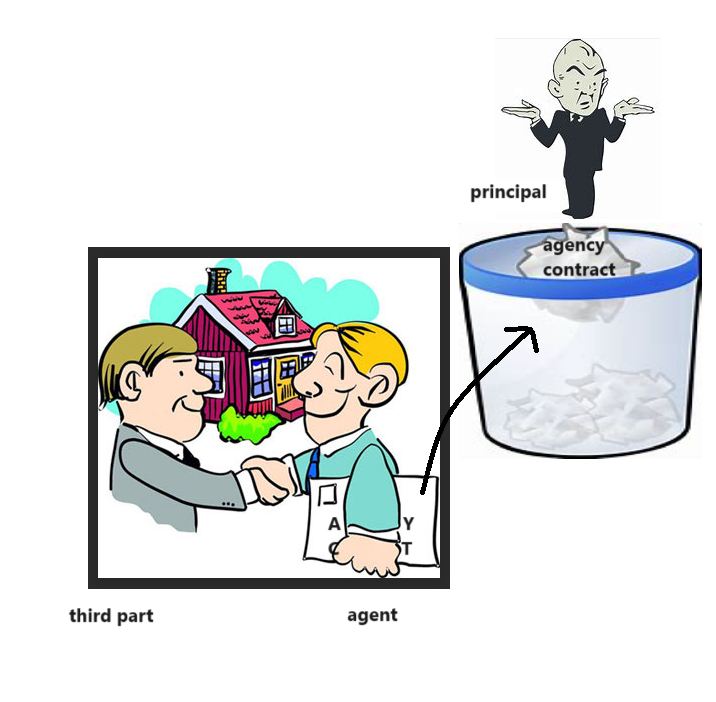Industrial Development Consultants Ltd v Cooley [1972] 1 WLR 443
Citation:Industrial Development Consultants Ltd v Cooley [1972] 1 WLR 443
Rule of thumb:Is an agent allowed to poach business deals from their principal? No. If an agent is instructed by their principal to agree a deal with a 3rd party, and they fail, and the agent leaves the principal and agrees a deal with the 3rd party themselves directly, leaving the principal with no agreement, this will be deemed to be a breach of good faith entitling the original principal to damages.
Judgment:
In this case Cooley worked for IDC and he tried to enter into a contract with Eastern Gas Board to construct gas depots. Cooley could not agree a contract Eastern Gas Board that would allow IDC to do the work. Shortly after this deal fell through, Cooley resigned as a director, and he then formed a new company which obtained the contracts for building the gas depots with Eastern Gas Board. IDC sought to prevent Cooley from doing this as they argued that he breached his loyalty. The Court held that Cooley had breached his duty of loyalty and was not allowed to enter into this contract with Eastern Gas Board.
Ratio-decidendi:
‘I do not think it is necessary, but it appears to me very important, that we should concur in laying down again and again the general principle that in this court no agent in the course of his agency, in the matter of his agency, can be allowed to make any profit without the knowledge and consent of his principal; that that rule is an inflexible rule, and must be applied inexorably by this court, which is not entitled, in my judgment, to receive evidence, or suggestion, or argument as to whether the principal did or did not suffer any injury in fact by reason of the dealing of the agent; for the safety of mankind requires that no agent shall be able to put his principal to the danger of such an inquiry as that... There being the fiduciary relationship I have described, it seems to me plain that it was his duty once he got this information to pass it to his employers and not to guard it for his own personal purposes and profit. He put himself into the position when his duty and his interests conflicted.’ Roskill J.

Warning: This is not professional legal advice. This is not professional legal education advice. Please obtain professional guidance before embarking on any legal course of action. This is just an interpretation of a Judgment by persons of legal insight & varying levels of legal specialism, experience & expertise. Please read the Judgment yourself and form your own interpretation of it with professional assistance.

